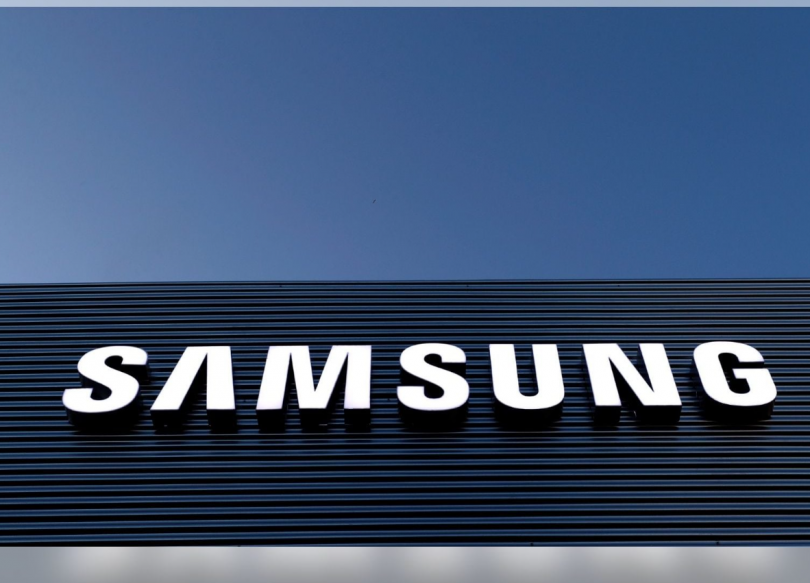According to a top business executive, Samsung Electronics is not considering cutting back on memory chip production despite declining demand and worries about a worldwide economic recession.
Han Jin-man, executive vice president and head of the memory worldwide sales and marketing at Samsung Electronics, stated at the annual Samsung Tech Day in San Jose, California, on Wednesday, “There is no internal discussion (about a cut in memory chip production) at the moment.”
He emphasised that Samsung “is attempting to make sure there is neither a chronic shortage nor surplus of chips in the market” and stated that “Samsung’s basic position on this topic is that there should not be artificial production cuts.”
His remarks coincided with US chipmaker Micron Technology’s announcement that it would restrict supply growth in the fiscal year 2023 by cutting capital spending by up to 30% and chip equipment spending by up to 50%.
In the present “unique” environment that has hurt demand and resulted in “the unprecedented level of inventory adjustments by our customers,” Micron CEO Sanjay Mehrotra stated during the company’s earnings call late last month that it is “prudent” to “get our supply in line with demand.”
Global market researcher Omdia reports that Micron is the third-largest DRAM manufacturer in the world, with a market share of 24.8%, after market leader Samsung (42.7%) and runner-up SK hynix Inc. (27.1%).
According to plans published by Samsung for the development of memory chips, DRAM with a gate width of 12 nanometers will enter mass production in 2023. The eighth-generation vertical NAND flash, which is the most recent model, will begin mass production this year, but the ninth-generation vertical NAND won’t be available for another two years.
The largest memory chip manufacturer in the world also unveiled a plan to develop into a total chip solutions provider by “maximising the synergy between” its 900+ different products, which include System-on-a-Chips (SoCs), image sensors, modems, display driver integrated circuits (ICs), and power management ICs.
Park Yong-in, president and head of Samsung’s System LSI Business, said. “In an age that requires machines to learn and think as people do, the importance of logic chips, which play the roles of the brain, heart, nervous system and eyes, is growing to unprecedented levels,” “Samsung will converge and combine its technology embedded in various products like SoCs, sensors, DDIs and modems, in order to lead the Fourth Industrial Revolution as a total solutions provider.”
In the future, Samsung said it will concentrate more on creating technologies for higher-performing neural and graphics processing units, which are essential to the advancement of artificial intelligence, robots, the Internet of Things, and quantum computing.
To advance in intelligent mobility solutions, Samsung stated it will deepen partnerships with partners in the memory chip space.









